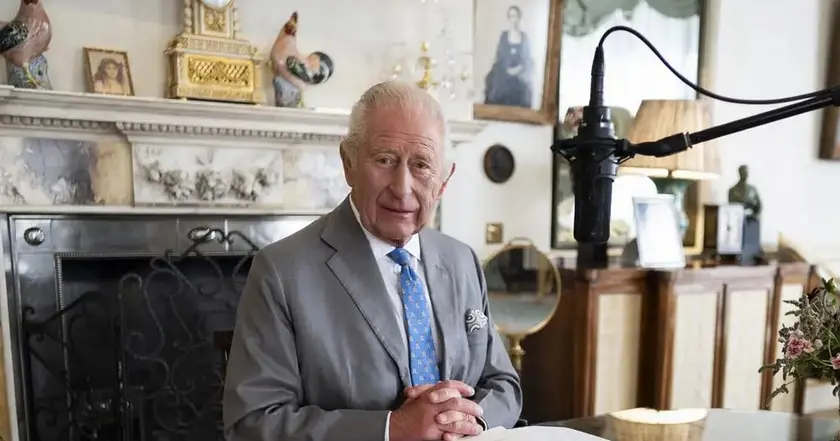T4K3.news
VJ Day memorial tests memory and diplomacy
Japan marks the 80th anniversary with solemn rituals and a controversial shrine debate that could shape regional ties.
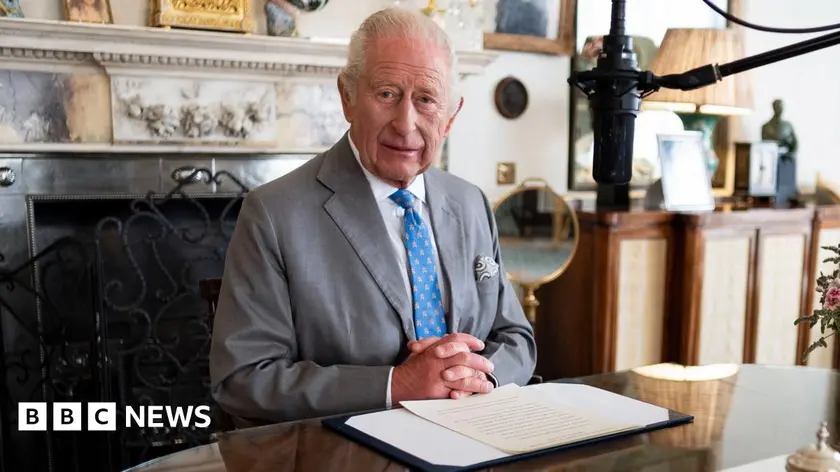
Tokyo marks the 80th anniversary of Japan's surrender with a memorial that weighs remorse against the enduring symbolism of Yasukuni Shrine.
Japan faces remorse and memory as VJ Day ceremonies unfold
Japan marked the 80th anniversary of its surrender with a national memorial at the Nippon Budokan Arena. Emperor Naruhito and Empress Masako led a minute of silence, while Prime Minister Shigeru Ishiba used the word remorse in his memorial address, a term rarely echoed by Japanese leaders in recent decades. In the heat of the day, dignitaries and veterans gathered to reflect on a hard history and the costs of war.
Nearby, agriculture minister Shinjiro Koizumi highlighted the ongoing tension by visiting Yasukuni Shrine with other cabinet members. The shrine, which honors Japan’s war dead and is seen by many as including Class A war criminals, remains a flashpoint for regional criticism. Critics argue that such gestures undermine formal apologies and complicate relations with neighbors, especially China and Korea, which view the shrine as a symbol of unrepentant militarism.
Key Takeaways
"Remorse must be backed by action"
Ishiba's memorial speech
"Leaders are judged by what they do next"
Editorial perspective on the memorial moment
"A shrine can be a memory or a provocation"
Yasukuni Shrine symbolism in ongoing debate
The events expose a quiet but persistent national debate: how to acknowledge past harm while balancing national pride and veteran memory. The shift to the word remorse signals a willingness to confront the responsibilities of wartime actions, but symbolism around Yasukuni Shrine adds a bitter edge to the dialogue. Domestic politics in Japan, including cabinet actions and public sentiment, will shape whether words translate into tangible change. International observers will read these moments as signals about how Japan plans to navigate reconciliation with its neighbours in a still tense region.
Highlights
- Remorse must be backed by action
- Leaders are judged by what they do next
- A shrine can be a memory or a provocation
- History lives in the choices we make today
Sensitive historical topics risk
The article engages with wartime memory and a controversial shrine, which can provoke political backlash and public reaction in Japan and its neighbours.
History will keep testing how Japan chooses to live with its past.
Enjoyed this? Let your friends know!
Related News

VJ Day Remembrance in the UK
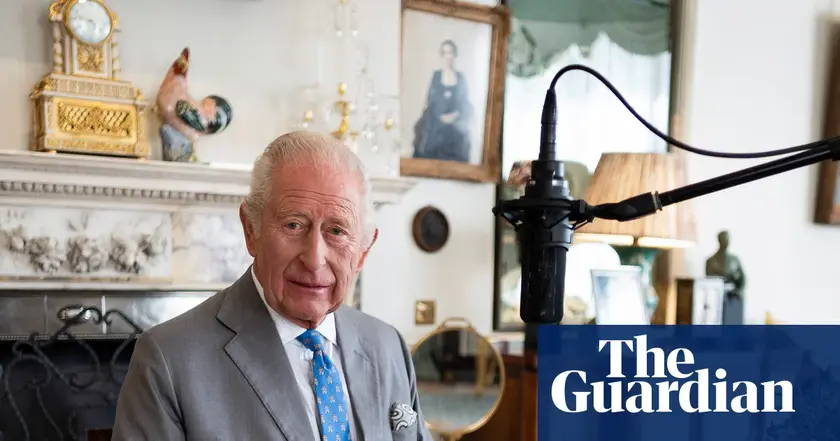
King Charles marks VJ Day anniversary
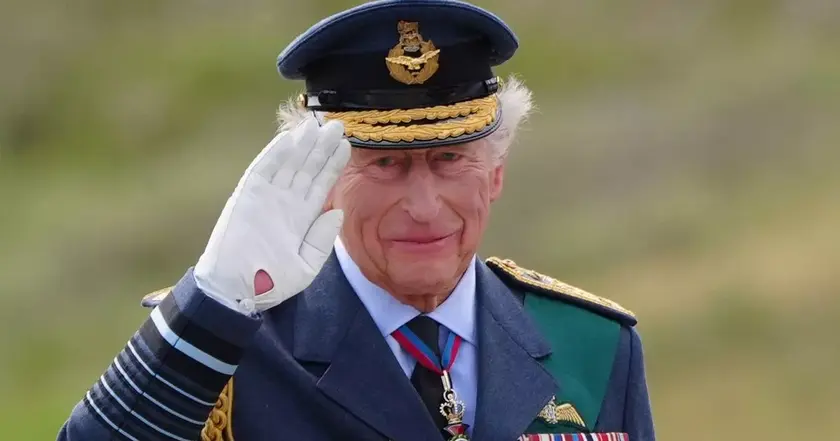
King Charles marks VJ Day

Alaska hosts US Russia summit
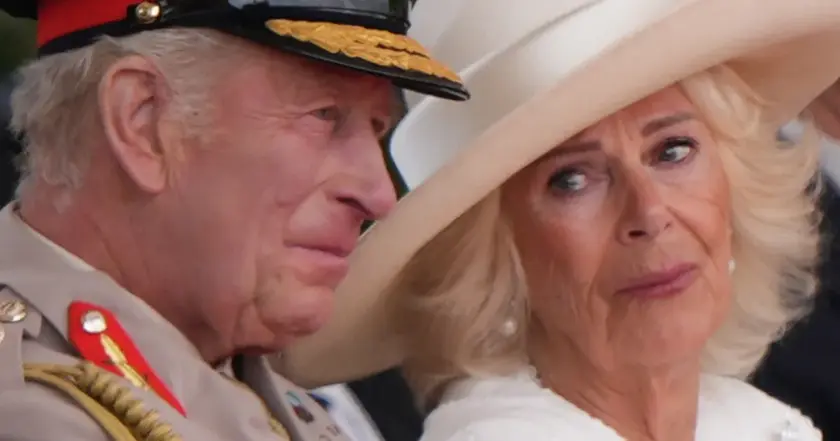
Queen Camilla tears at VJ Day service
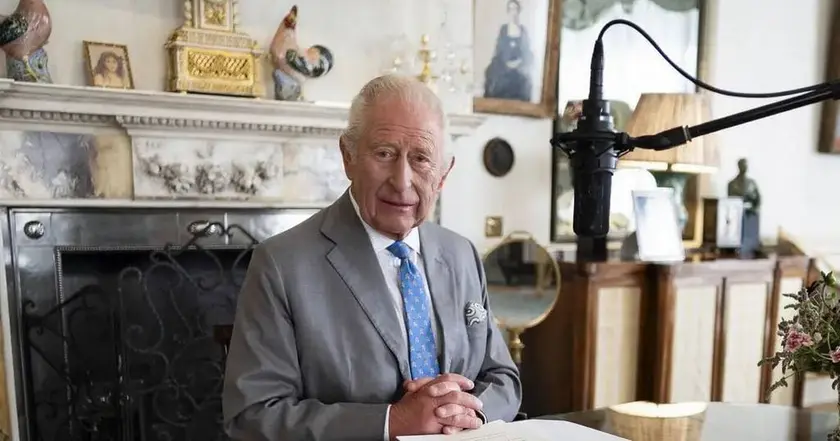
King Charles addresses nation on VJ Day

Norwich Cathedral marks 80th VJ Day anniversary
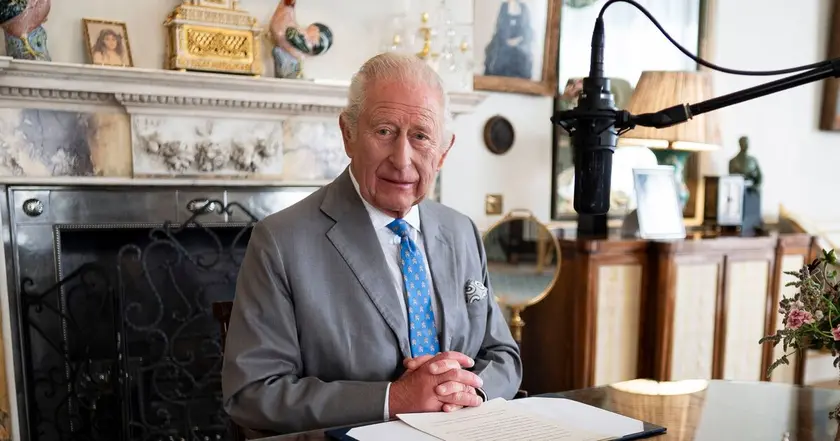
Royal remembrance event announced
